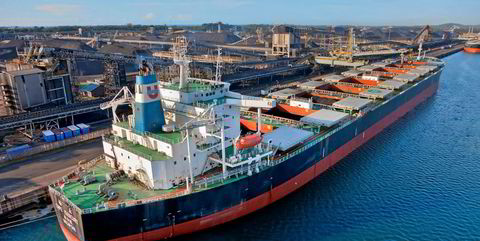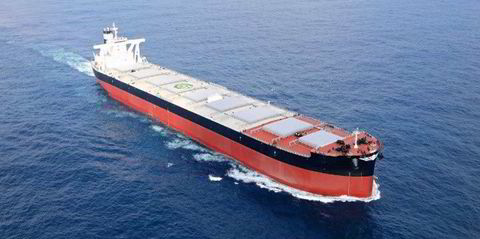Eni is considering a range of additional options for monetising its huge natural gas discoveries in Mozambique’s offshore Area 4 to complement a central onshore LNG export project.
The Italian operator also said it could sell down some of its 70% holding in the multi-trillion-cubic-feet gas position but such a move is not a primary concern.
Additional options on the table for gas resources unearthed in the Rovuma basin include floating LNG, gas-to-liquids and compressed natural gas, Eni chief operating officer for exploration and production Claudio Descalzi said at an upstream seminar in London this week.
Eni, he said, is still in the exploration phase off Mozambique with four wells yet to be drilled, which remains the immediate focus.
The company is also in discussions with US independent Anadarko, operator of neighbouring Area 1, about finalising unitisation and potential joint development plans for the play. “Then we will see what will happen,” Descalzi said.
“It is clear we will have a big investment in this country, in this area, and 70% is an unusual percentage. I mean unusual as it is too big.
“So I think that in the future we can have some changes in this joint venture in terms of ownership but not now. Now we want to finalise all the projects, to understand what we have in our hands.”
Roberto Casula, Eni vice president for Africa and Middle East, said the company is considering three markets for the gas: domestic, regional and international.
However, the primary development plan will involve an onshore LNG plant. Eni is hoping for sanction and unitisation in late 2013 or early 2014.
With first LNG some five years from then, late 2018 or early 2019 is the most likely date for production start-up, Casula said.
“In terms of development of the gas… we are continuing discussions with (Anadarko-operated) Area 1 regarding unitisation, the joint plan of development and the onshore LNG plant,” Casula said. “At the same time… we are evaluating a number of separate development options. We plan to use some of the gas for domestic power generation, building a power plant jointly with the government of Mozambique.
“Regional export options are also being considered. We are currently studying the potential application of (CNG) technologies to serve neighbouring countries.”
Descalzi added: “We are studying FLNG, and also we are studying GTL. We are studying a power plant, we are studying CNG for the domestic market, and the GTL because in this region they need a lot of diesel.”



